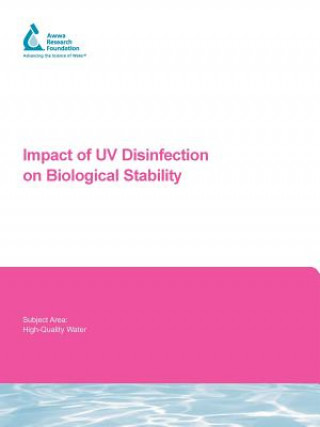
Kod: 06264441
Impact of UV Disinfection on Biological Stability
Autor R. Andrews, G. Gagnon, T. Dykstra, K. O'Leary, C. Chauret, C. Volk
Interest in UV disinfection has increased significantly in recent years, due its ability to inactivate Cryptosporidium parvum. Although UV disinfection shows significant promise for inactivation of Cryptosporidium, very few invest ... więcej
- Język:
 Angielski
Angielski - Oprawa: Miękka
- Liczba stron: 132
Wydawca: IWA Publishing, 2005
- Więcej informacji o książce

Zobacz książki o podobnej tematyce
-

Heaven and Hell
149.13 zł -5 %
Powiadomienie o dostępności
Wpisz swój adres e-mail, aby otrzymać od nas powiadomienie,
gdy książka będzie dostępna. Proste, prawda?
Więcej informacji o Impact of UV Disinfection on Biological Stability
 Opis
Opis
Interest in UV disinfection has increased significantly in recent years, due its ability to inactivate Cryptosporidium parvum. Although UV disinfection shows significant promise for inactivation of Cryptosporidium, very few investigations have examined the impact of UV disinfection on biological stability in distribution systems. Biologically stable water is defined as drinking water that does not promote the growth of microorganisms and is typically achieved either through the removal of substrate and/or by providing a secondary disinfectant. At present there is little information concerning potential synergies between UV treatment and secondary disinfectants for improving biological stability. The overall objective of the research was to evaluate the effect that UV disinfection has on biofilm growth in drinking water distribution systems. In addition, the project's sub-objectives were to (1) determine the potential synergistic effects between primary disinfection with UV treatment and secondary disinfection for controlling bacterial regrowth; (2) compare the effectiveness of chlorine dioxide, free chlorine, and monochloramine for limiting bacterial regrowth in the presence and absence of UV treatment; (3) characterize the chemical intermediates formed during UV/CI2 photocatalysis of natural organic matter; and (4) examine the potential impact of UV/CI2 treatment on the biodegradability of natural organic matter (NOM) for three drinking water utilities. The research was conducted in three phases: Phase 1 provided a direct comparison of chlorine---based disinfectants following UV disinfection; Phase 2 examined the biodegradability of humic material that had been photocatalyzed with UVICI2; and Phase 3 characterized the organic by--products produced following UVICI2 catalysis of post-filtered water obtained from three water utilities. Phases 1 and 2 were conducted at bench-scale using annular reactors (ARs) to monitor bacterial regrowth. Phase 3 was conducted at bench-scale with a batch biodegradation study to monitor bacterial growth, by-product production, and organic degradation. During Phase 3, post--filtered water was collected from three water utilities and determination of biodegradability was completed.
 Szczegóły książki
Szczegóły książki
Kategoria Książki po angielsku Technology, engineering, agriculture Environmental science, engineering & technology Sanitary & municipal engineering
- Pełny tytuł: Impact of UV Disinfection on Biological Stability
- Autor: R. Andrews, G. Gagnon, T. Dykstra, K. O'Leary, C. Chauret, C. Volk
- Język:
 Angielski
Angielski - Oprawa: Miękka
- Liczba stron: 132
- EAN: 9781843398943
- ISBN: 9781843398943
- ID: 06264441
- Wydawca: IWA Publishing
- Waga: 338 g
- Wymiary: 278 × 210 × 9 mm
- Data wydania: 01. January 2005
Ulubione w innej kategorii
-

Sustainable Stormwater Management
201.08 zł -10 % -
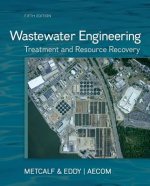
Wastewater Engineering: Treatment and Resource Recovery
1314.39 zł -
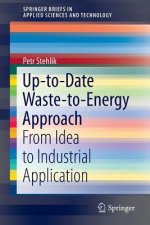
Up-to-Date Waste-to-Energy Approach
285.10 zł -

Rainwater Catchment Systems for Domestic Supply
195.56 zł -
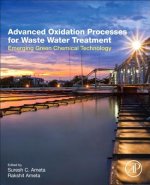
Advanced Oxidation Processes for Wastewater Treatment
826.88 zł -
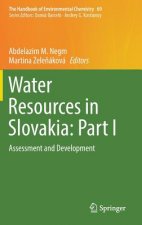
Water Resources in Slovakia: Part I
1675.47 zł -
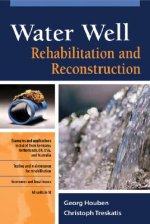
Water Well Rehabilitation and Reconstruction
566.49 zł -5 % -
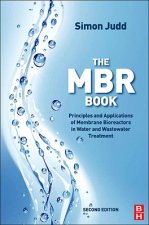
MBR Book
908.38 zł -
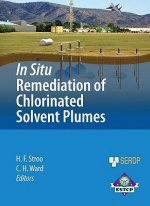
In Situ Remediation of Chlorinated Solvent Plumes
613.82 zł -
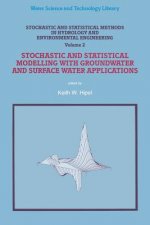
Stochastic and Statistical Methods in Hydrology and Environmental Engineering
563.27 zł -

Drinking Water Security for Engineers, Planners, and Managers
334.95 zł -
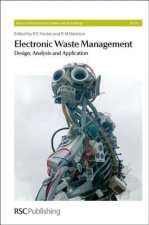
Electronic Waste Management
414.44 zł -
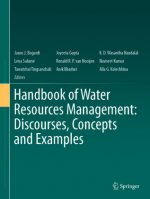
Handbook of Water Resources Management: Discourses, Concepts and Examples
1194.89 zł -
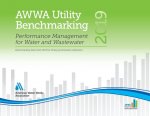
2019 AWWA Utility Benchmarking
1172.08 zł -

Fluoride Deception
77.37 zł -25 % -
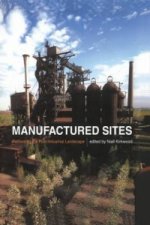
Manufactured Sites
323.89 zł -

Essential Composting Toilets
171.03 zł -7 % -
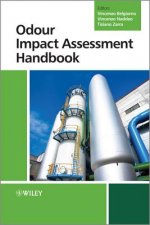
Odour Impact Assessment Handbook
879.94 zł -
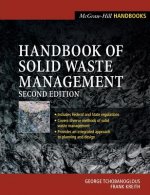
Handbook of Solid Waste Management
805.97 zł -
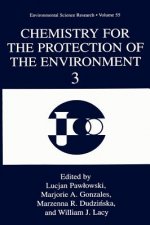
Chemistry for the Protection of the Environment 3
866.57 zł -
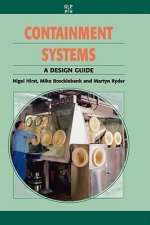
Containment Systems: a Design Guide
586.59 zł -

Applications and Efficiency of Heat Pump Systems, 1
866.57 zł -
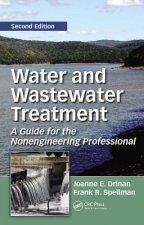
Water and Wastewater Treatment
866.57 zł -

International Steam Tables - Properties of Water and Steam based on the Industrial Formulation IAPWS-IF97
983.25 zł -
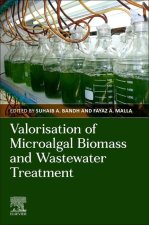
Valorization of Microalgal Biomass and Wastewater Treatment
618.75 zł -9 % -
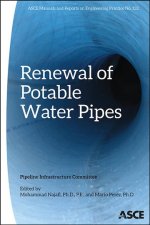
Renewal of Potable Water Pipes
592.22 zł -
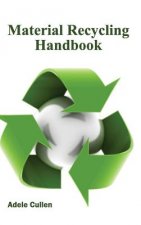
Material Recycling Handbook
685.58 zł -
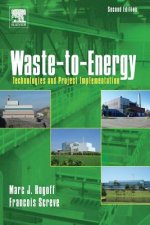
Waste-to-Energy
881.29 zł -
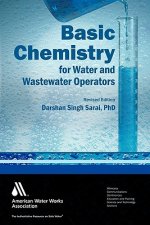
Basic Chemistry for Water and Wastewater Operators
512.22 zł -
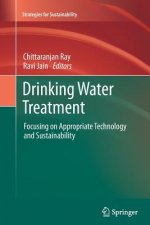
Drinking Water Treatment
816.02 zł -
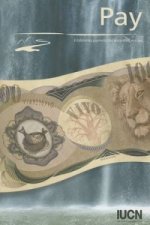
Pay
129.93 zł -7 % -
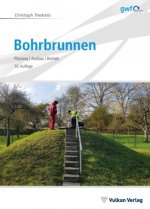
Bohrbrunnen
748.59 zł -
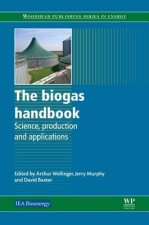
Biogas Handbook
1029.98 zł -

Where Does My Poo Go?
33.56 zł -23 % -
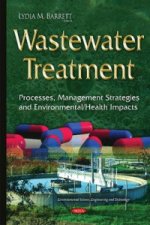
Wastewater Treatment
1310.47 zł -9 % -

Coal Waste Impoundments
228.42 zł -5 % -

Fire Protection
1068.87 zł -

New Developments in Hazardous Materials Research
1086.86 zł -22 % -
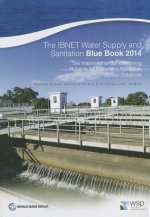
IBNET water supply and sanitation blue book 2014
177.77 zł -

Solid Waste Handbook: A Practical Guide
1690.54 zł -
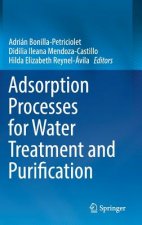
Adsorption Processes for Water Treatment and Purification
816.02 zł -
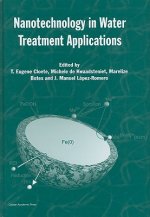
Nanotechnology in Water Treatment Applications
1169.37 zł -
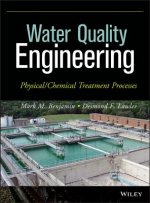
Water Quality Engineering
1055.81 zł -
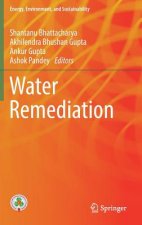
Water Remediation
1018.12 zł -
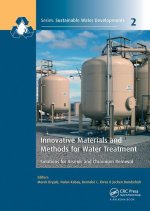
Innovative Materials and Methods for Water Treatment
310.12 zł -
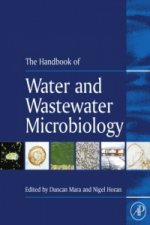
Handbook of Water and Wastewater Microbiology
1043.65 zł -
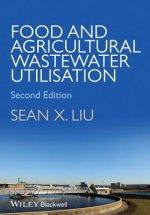
Food and Agricultural Wastewater Utilization and Treatment 2e
917.22 zł -
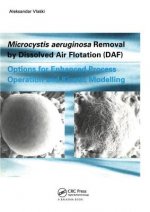
Microcystic Aeruginosa Removal by Dissolved Air Flotation (DAF)
419.06 zł -
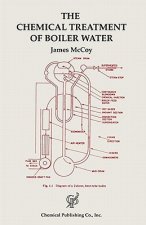
Chemical Treatment of Boiler Water
541.36 zł
zadowolonych klientów
Od roku 2008 obsłużyliśmy wielu miłośników książek, ale dla nas każdy był tym wyjątkowym.
Copyright! ©2008-24 libristo.pl Wszelkie prawa zastrzeżonePrywatnieCookies



 21 milionów książek
21 milionów książek Dostawa 10.99 zł
Dostawa 10.99 zł (32) 444 93 66 (8-15.30h)
(32) 444 93 66 (8-15.30h)